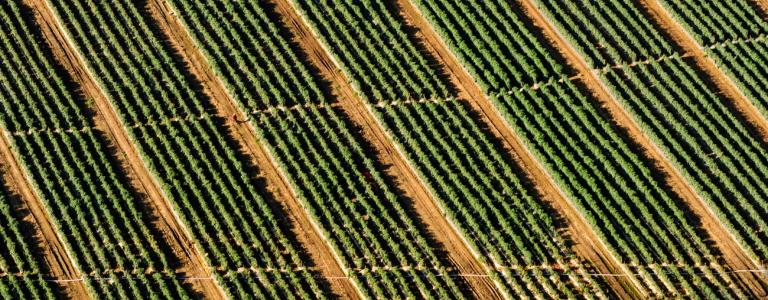Scenarios of Adaptive Policy Planning with Focus on Pro-Poor Strategies
IISD was engaged in the design, development and delivery of participatory scenario development workshops to explore future scenarios of climate change in a pro-poor, policy-relevant and creative way.
IISD was engaged in the design, development and delivery of participatory scenario development (PSD) workshops to explore future scenarios of climate change in a pro-poor, policy-relevant and creative way.
An important aspect of this project was to determine how different groups of stakeholders view the range of possible adaptation options open to them, and what forms of public policy or investment support are needed to facilitate effective autonomous adaptation. To facilitate this understanding, PSD workshops were conducted with multiple stakeholders, including local experts and representatives of social groups particularly vulnerable to the consequences of climate change. Country case studies aimed to map out alternative, robust adaptation pathways that combine a variety of adaptation options in plausible sequences. Each of these alternative pathways, in turn, has different implications both for the overall costs of adaptation, and for the distribution of costs and benefits among groups within society.
PSD was then further applied with capacity-building and awareness-raising projects to provide a framework and context within which different groups of stakeholders can better understand potential climate change impacts and consider and discuss a range of possible adaptation options in the context of planned activities within the Strategic Program on Climate Resilience (SPCR). In Tajikistan, a training of trainers workshop has been held, and the trainers are now conducting regional PSD workshops in the four regions of the country. Furthermore, specific training using participatory approaches for key stakeholders groups such as journalists, women's non-governmental organizations and representatives of different ministries will be held to improve their capacities on climate change adaptation and vulnerability.
You might also be interested in
Budgeting for India’s Energy Transition
Research and analysis exploring India’s financial support for clean energy and fossil fuels.
Friends of Climate and Health
The Friends of Climate and Health is an informal group of countries working to foster international collaboration on climate change and health.
Normalizing No New Fossil Fuels
There is no room for new fossil fuel projects under a 1.5°C global warming limit. New research explores how countries and the public can establish “no new fossil fuels” as a benchmark for climate leadership.
Tax Incentives and Sustainable Investment
Equipping policy-makers to re-evaluate and reform fiscal incentives to attract high-quality investments that provide inclusive and equitable growth, strengthen domestic revenues, and contribute to a just energy transition.

